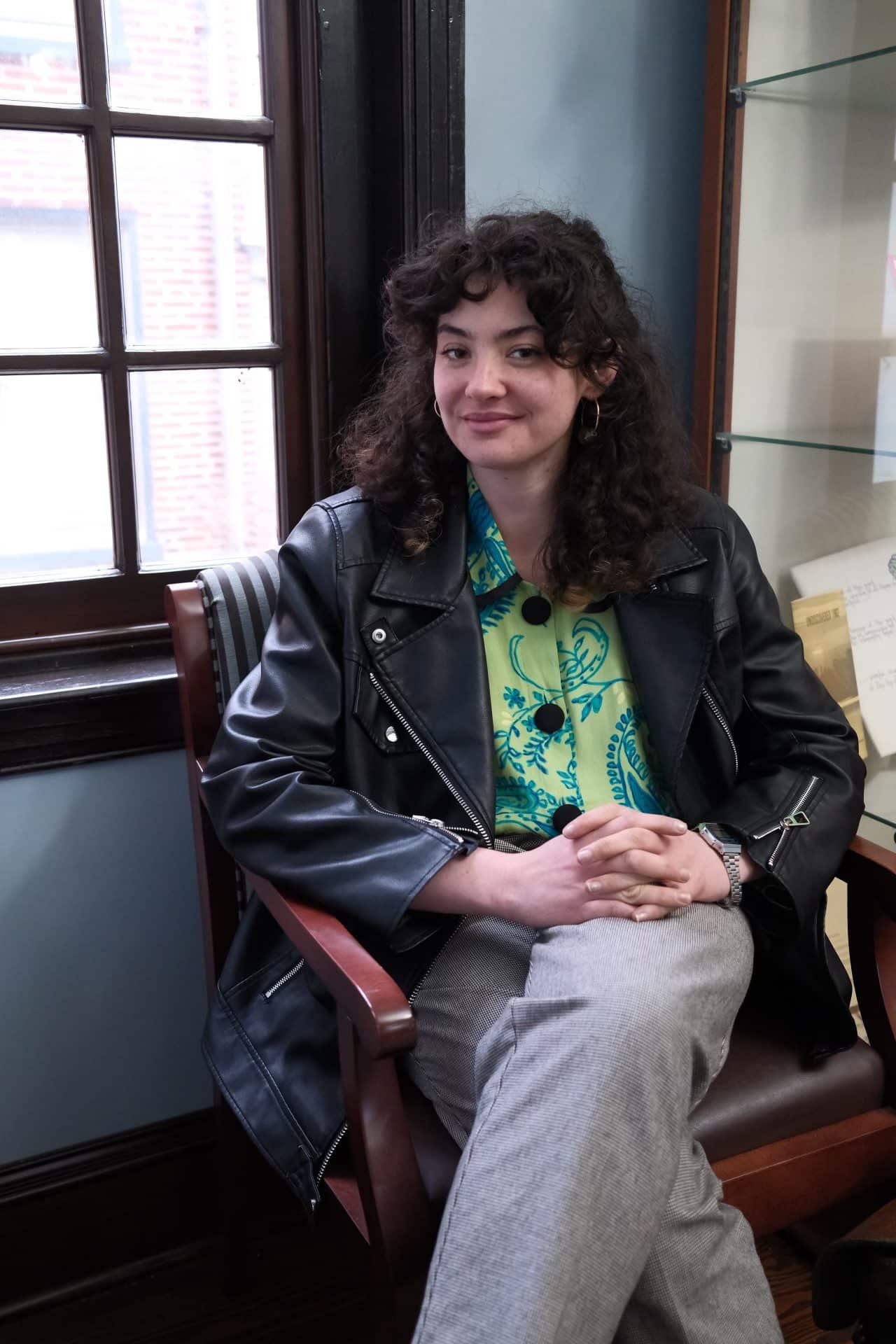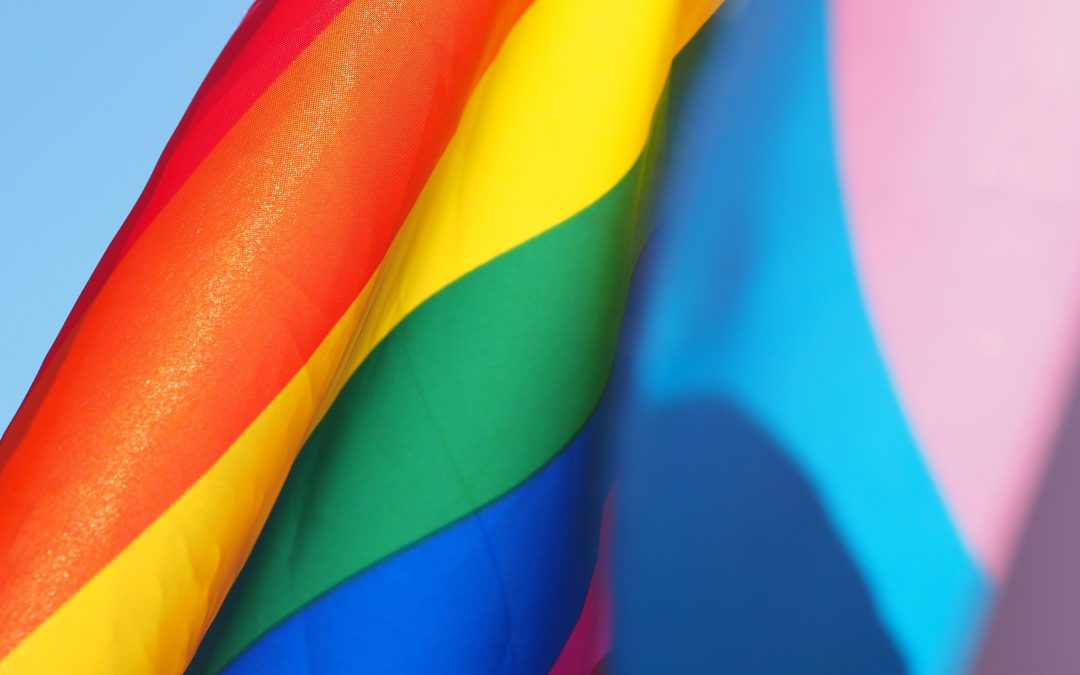Repeated exposures to traumatic events. Events that overwhelm one’s sense of identity, capacity to comprehend what’s occurring, and force the body into a state of constant hypervigilance. Intrusive, repetitive, re-experiencing (memories, flashbacks, nightmares), and doing everything to avoid, avoid, avoid triggers.
Negative core beliefs develop. How could they not? Persistent feelings of guilt, shame, and detachment from others – how can anyone be trusted?
Emotions are stormy. How could they not be? There’s a desire to connect, but there are so many buts and ifs and asterisks. On edge and wary. Jumpy. The body’s jumpy, and so are emotions. Shame. Guilt. How could anyone understand? Further detachment from others. That feels inevitable.
And with all the emotional and somatic storminess, finding and maintaining healthy relationships is a significant challenge, especially healthy relationships that typically need to be modeled. And if there’s a history of relational trauma…asking survivors to be able to find and maintain healthy relationships can feel like an almost-insulting, Sisyphean ask.
June, Pride Month, can be a celebratory time. But for some LGBTQ+ folks with CPTSD, this month is rife with possibilities for painful triggers. Queer survivors of harm are more likely to have experienced bullying and harassment. Sexual violence in the LGBTQ+ community is often under-reported due to shame, stigma, and narrow societal definitions of what constitutes harm. (Tillewein, 2023) No one gets to define an experience besides the survivor. Having agency to honor your story and needs is a necessity and a human right.
The decision to come out is courageous and can be fraught. Finding community in queer spaces can be transformative. Everyone deserves to feel loved, supported, and understood. Unfortunately, just as in any community, unconditional acceptance and positive, nourishing experiences and relationships aren’t always the case. But there’s a double bind: queer spaces are meant to be safe! It can feel taboo to speak up against a community you’re a part of. However, insularity and a community’s unwillingness to accept that harm has occurred are the opposite of safe.
I’m writing for anyone who’s ever felt gate-kept, or not “enough”, or who’s been silenced, or harmed. I’m writing because I know the power of compassionate, accepting queer spaces. And I also believe in voicing when harm has occurred and when systems need to change.
For some folks, their family of origin didn’t accept their queerness. Feelings of shame and guilt can be amplified further if those folks experience LGBTQ+ sexual violence. The repeated traumas of familial ostracization, harassment, bullying, and/or violence compound pain. No one should feel like they must suffer in silence, regardless of identity. Sexual violence and gender-based violence are violence.
For adult survivors of child sexual abuse, navigating sexuality can be challenging. Feeling confident in one’s sexuality and identity is often seen as a given in our societies. But that’s not always the case, regardless of sexual orientation. (Gewirtz‑Meydan & Godbout, 2023) For LGBTQ+ adult survivors of child sexual abuse perpetrated by someone of the same gender, feelings of pain, anger, sadness, and confusion are very real but can feel impossible to disclose or discuss. But that discomfort is not the individual’s to hold, but rather it’s our culture’s frequent inability to acknowledge pain and address difficult topics.
To balance honoring one’s identities and grieving one’s past is courageous. To feel fully and externalize shame that isn’t yours to hold is a celebration. To acknowledge the times you felt most yourself this past year is a celebration. To share your feelings of confusion, joy, or discomfort with a loved one, a pet, in a journal, or with a therapist is a celebration.
If Pride parades aren’t your thing, if “rainbow capitalism” feels hollow, if being told to just find and trust in healthy relationships feels dismissive, I get it. If June feels painful and triggering, if big parties and crowds feel unsafe, listen to your intuition. Your courage to honor your needs and boundaries is a celebration!
Individuality should be honored, and vulnerability should be celebrated in June and in all months, but that may not look like a big city parade with streamers and corporate-sponsored parasols. Celebrating Pride might mean reading a cozy book or going on a hike. Pride month can be a time of reflection. It can just be a month. You can change your mind on what Pride means and how to best celebrate. You’re the one who gets to decide.
References
Alberti Center for Bullying Abuse Prevention. (2020). Bullying, cyberbullying, and LGBTQ
students [PDF]. University at Buffalo. https://ed.buffalo.edu/content/dam/ed/alberti/docs/Bullying-Cyberbullying- LGBTQ-Students.pdf
Gewirtz‑Meydan, A., & Godbout, N. (2023). Between pleasure, guilt, and dissociation: How
t rauma unfolds in the sexuality of childhood sexual abuse survivors. Child Abuse & Neglect, 141, Article 106195. https://doi.org/10.1016/j.chiabu.2023.106195
Tillewein, H., Shokeen, N., Powers, P., Rijo Sánchez, A. J., Sandles‑Palmer, S., & Desjarlais, K.
(2023). Silencing the Rainbow: Prevalence of LGBTQ+ students who do not report sexual violence. International Journal of Environmental Research and Public Health, 20(3), 2020. https://doi.org/10.3390/ijerph20032020
Photo by Cecilie Bomstad on Unsplash
Guest Post Disclaimer: Any and all information shared in this guest blog post is intended for educational and informational purposes only. Nothing in this blog post, nor any content on CPTSDfoundation.org, is a supplement for or supersedes the relationship and direction of your medical or mental health providers. Thoughts, ideas, or opinions expressed by the writer of this guest blog post do not necessarily reflect those of CPTSD Foundation. For more information, see our Privacy Policy and Full Disclaimer.





